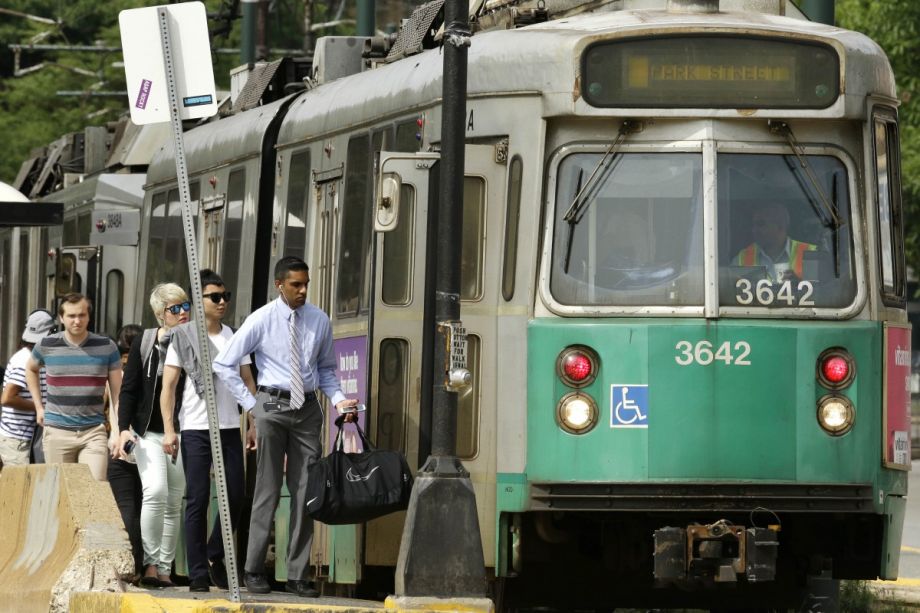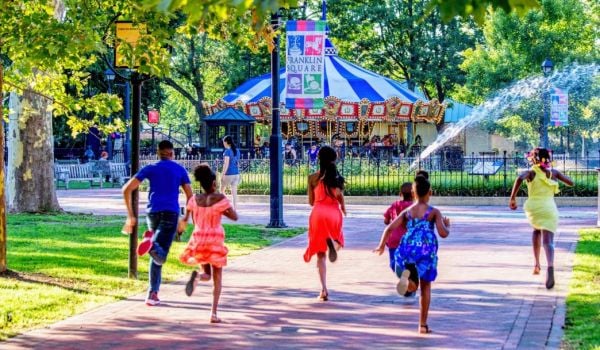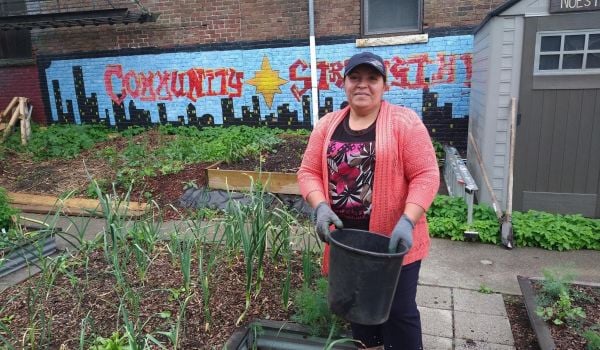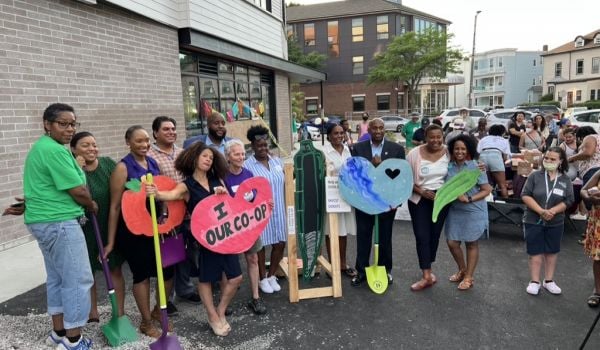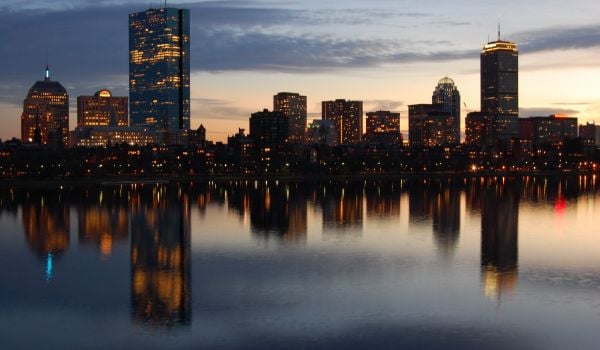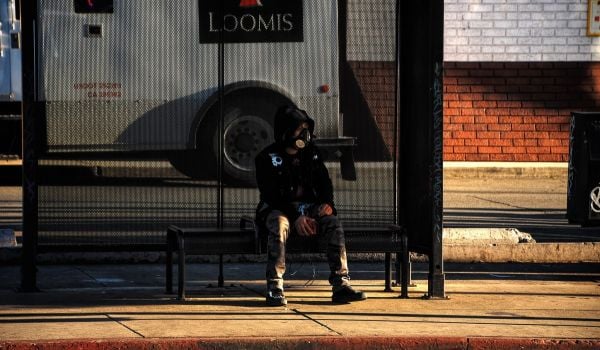Greater Boston’s already congested roads and transit stations will have to absorb over 100,000 more commuters by 2030, leading to “virtual gridlock,” predicts a sobering new study.
The report, from business group A Better City, frames the challenges that come with growth, as one of America’s oldest cities reacts to an economic boom and a flood of new residents. Its forecasts are already contributing to the roiling debate over Massachusetts’ transportation needs, as Gov. Charlie Baker focuses on repair and reform over new projects and new revenue.
If Greater Boston keeps growing at its current pace, it’ll need to prepare for increased demand on nearly all its infrastructure, from energy networks to water and sewer systems, according to the State of the Built Environment report, released last week. It’ll also need to better prepare its waterfront to resist rising sea levels due to climate change. But the report, prepared for A Better City by the Dukakis Center for Urban and Regional Policy at Northeastern University, sounds the loudest alarms about transportation.
“As most everyone knows who commutes to work using the region’s roads and highways or the MBTA, the area’s transportation system is not meeting current demand and certainly not potential demand,” says the report.
Greater Boston’s population will surge by about 10 percent from 2010 to 2030, the report projects, from 4.1 million to 4.5 million. That will add about 80,000 more cars and trucks per day to the region’s roads, clogging a system that already crawls at rush hour. “[It’s] likely enough to take many of the region’s major thoroughfares from a state of heavy congestion to virtual gridlock,” the report says, noting that average rush-hour speeds on Boston’s major highways, such as I-93, I-95 and U.S. 3, range from a low of 10 mph to a high of only 23 mph.
The transit system, which carries almost 20 percent of Greater Boston’s commuters, will absorb 25,000 new riders a day, according to the report — which predicts a slightly higher rate of growth for transit use than driving. The report also says growth in transit use could be even higher, if the region sees an increase in transit-oriented development.
A big surge in ridership could swamp the already struggling Massachusetts Bay Transportation Authority, which is trying to whittle down a $7.4 billion repair and maintenance backlog and improve its performance. Record snowstorms in winter 2015 shut down its subway and streetcar lines, and large sections of the system already operate over capacity. “Much of the MBTA fleet and related facilities are in desperate need of maintenance and modernization,” warns the report, echoing previous studies.
Because many younger people prefer urban living, the region’s inner core will absorb most of the growth and strain. Boston and its 15 closest suburbs will take in 239,000 more people, the report forecasts — a 17.5 percent spike. Outer suburbs will see a 4 percent increase in population, but a 4 percent drop in the labor force, as baby boomers retire.
The report offers forecasts, not solutions. But its warning that Greater Boston needs to invest in its infrastructure lines up with the goals of A Better City, a business organization with a progressive agenda including transit expansion, waterfront planning, open space and climate resiliency.
The daunting traffic and ridership forecasts may bolster advocates’ case for increased state transportation funding. A commentator for the liberal website Blue Mass Group, reacting to the report, blasted the Republican governor and Massachusetts House Speaker Robert DeLeo, a Democrat, for not spending more on infrastructure: “There is absolutely no ambition, no intention, no vision, no proposal, no agenda, from either our Governor or Speaker, for providing the necessities of our region going forward.” But new transit investment remains a hard sell in Massachusetts. “Most lawmakers on Beacon Hill, overwhelmingly controlled by Democrats, don’t want to give the MBTA a dime more until its dysfunctional management and operational practices are overhauled,” replied Jay Fitzgerald and Keith Regan in political newsletter MASSter List.
Since taking office in January 2015, Baker’s administration has focused on improving existing roads and transit over expansion. Speaking to business leaders last week, the governor criticized previous leaders who funded transit expansion projects “to add a few thousand riders” while neglecting train lines’ signals and switches for decades. He noted that about three-fourths of his five-year, $5 billion capital plan for the MBTA is dedicated to enhancing the current system, while the expansion budget is mostly dedicated to the long-promised Green Line Extension into the Boston suburbs of Somerville and Medford.
A Better City’s report also predicts spikes in traffic at Logan Airport and the Boston Seaport and double-digit increases in the demand for electricity and natural gas in the region by 2030. Citing a previous study by the Boston Harbor Association, the new report also argues that Boston’s waterfront and subway system need to better prepare for floods as climate change causes sea levels to rise. “Are we ready to take sea-level rise seriously and begin to build infrastructure that will allow us to avoid the consequences of storm surge of the type that flooded New York City during Hurricane Sandy?” the report asks.
The Works is made possible with the support of the Surdna Foundation.

Erick Trickey is a freelance journalist in Boston. He's written for Smithsonian, Politico Magazine, Boston magazine and Cleveland Magazine.
Follow Erick .(JavaScript must be enabled to view this email address)


